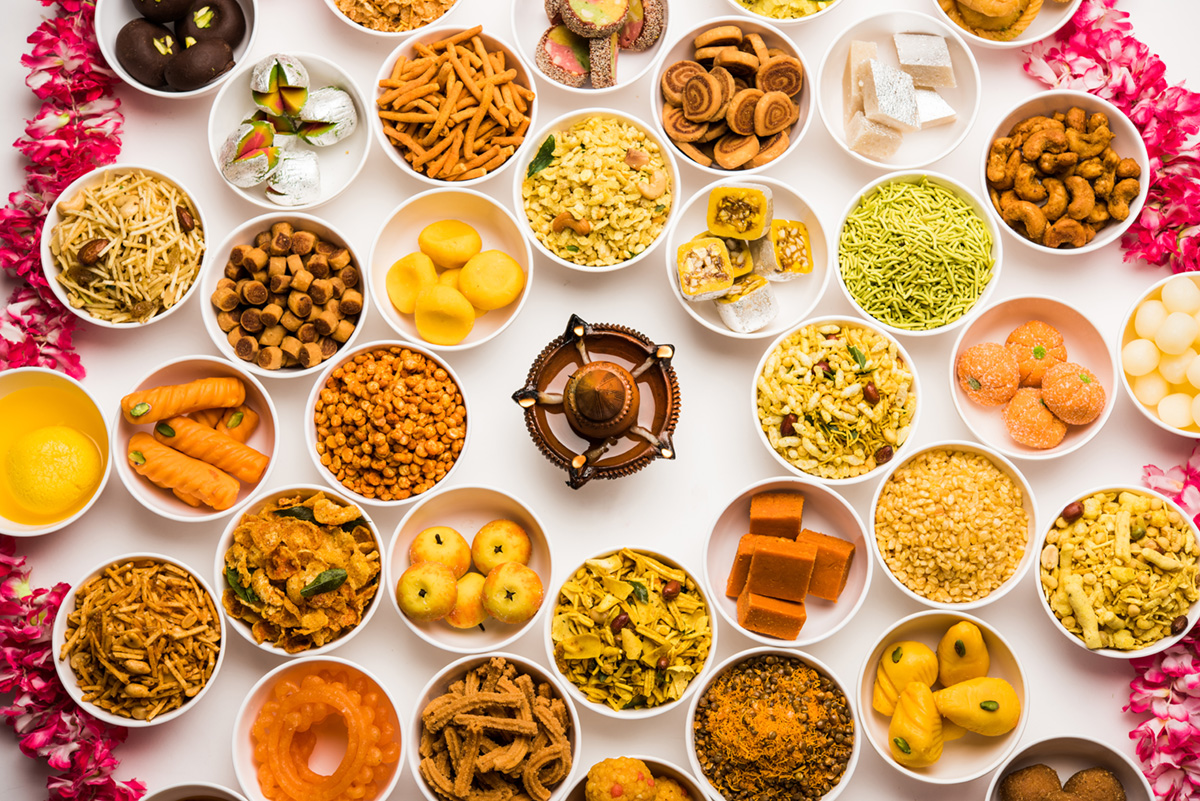
Nibble on these delicious morsels, which reflect diverse culinary traditions and beliefs.
BY KEENAN PEREIRA
IMAGES: SHUTTERSTOCK, FLICKR USER PRASANTA HEMBRAN
Deepavali (12 November), the Hindu Festival of Lights, celebrates the triumph of light over darkness, good over evil and knowledge over ignorance. It is associated with a rich tapestry of traditions such as lighting oil lamps (diyas) and feasting with family and friends. For those who celebrate the holiday, the festive period isn’t complete without tables heaving with traditional Indian snacks, from savoury bites to melt-in-your-mouth sweets.
Many of these treats are prepared with ghee (clarified butter), which symbolises purity. In Hindu prayer rituals, sweets are commonly offered to deities, a practice which is extended to Deepavali to offer thanks and seek blessings. In Singapore, you can find a dizzying array of traditional Indian snacks at various stalls and restaurants around Little India. If you’re not sure of what to sample, here’s a starter list of familiar favourites and lesser-known specialities.
SUGAR, SPICE AND EVERYTHING NICE
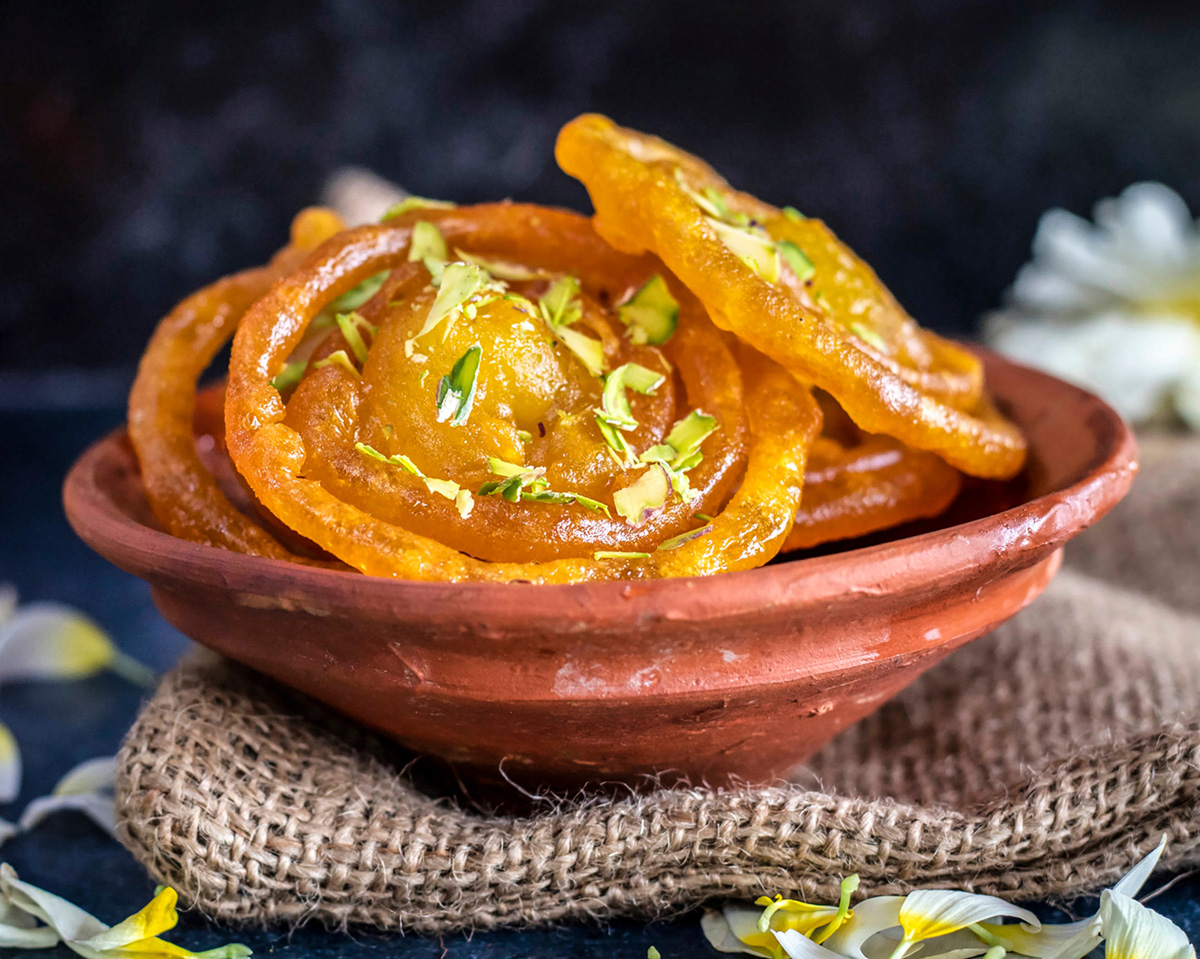
JALEBI
Several years ago, it was near impossible to attend an Indian wedding without hearing the risqué ‘Jalebi Baby’ by Canadian rapper Tesher. This once-trending track can be seen as an ode to its namesake dessert of deep-fried wheat flour batter slicked in a sticky, rose-flavoured syrup. Jalebi is instantly recognisable for its bright orange or yellow hue and spiral shape, which symbolises continuity and is thus considered auspicious.
Where to find it: Moghul Sweets (48 Serangoon Rd, #01-16)
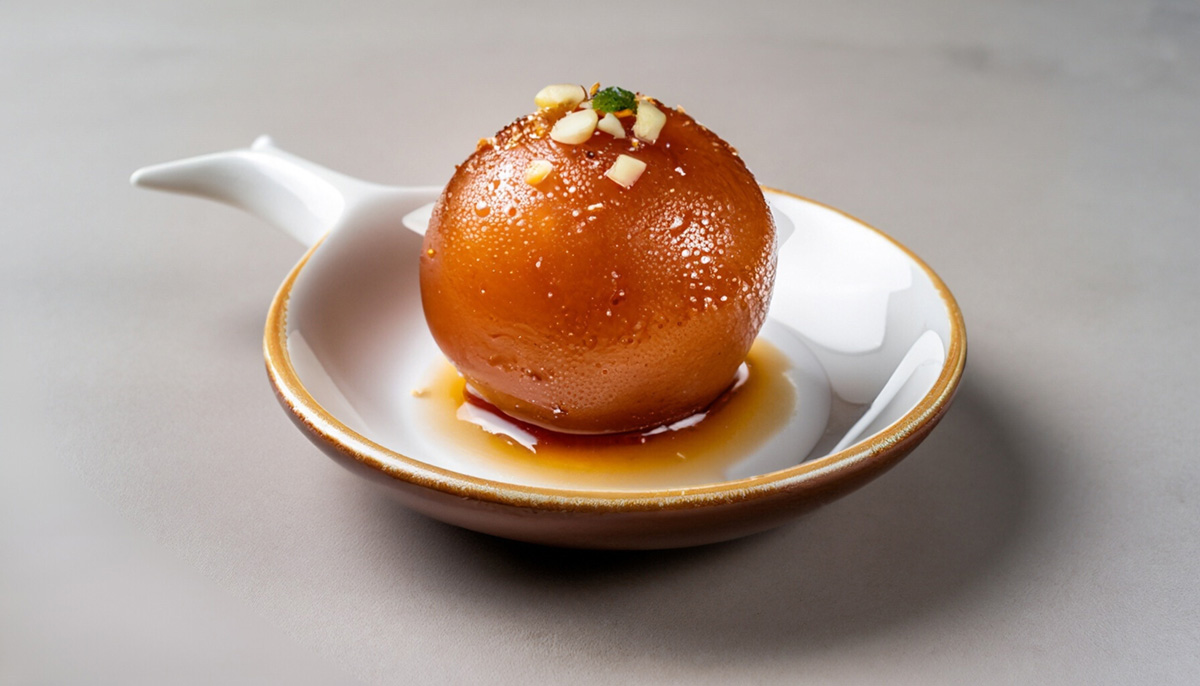
GULAB JAMUN
These spongy, deep-fried dough balls composed of milk solids are soaked in a cloying syrup redolent of cardamom and rose water, and sprinkled with chopped nuts such as pistachios and almonds. Served warm, it is an indulgence enjoyed during special occasions. Its sweetness denotes the joy and celebratory spirit associated with Deepavali, while its round shape represents good fortune and positivity. “Gulab” refers to the syrup, while “Jamun” signifies the dark colour of the fried dough balls.
Where to find it: Komala Vilas (4 Upper Dickson Rd)
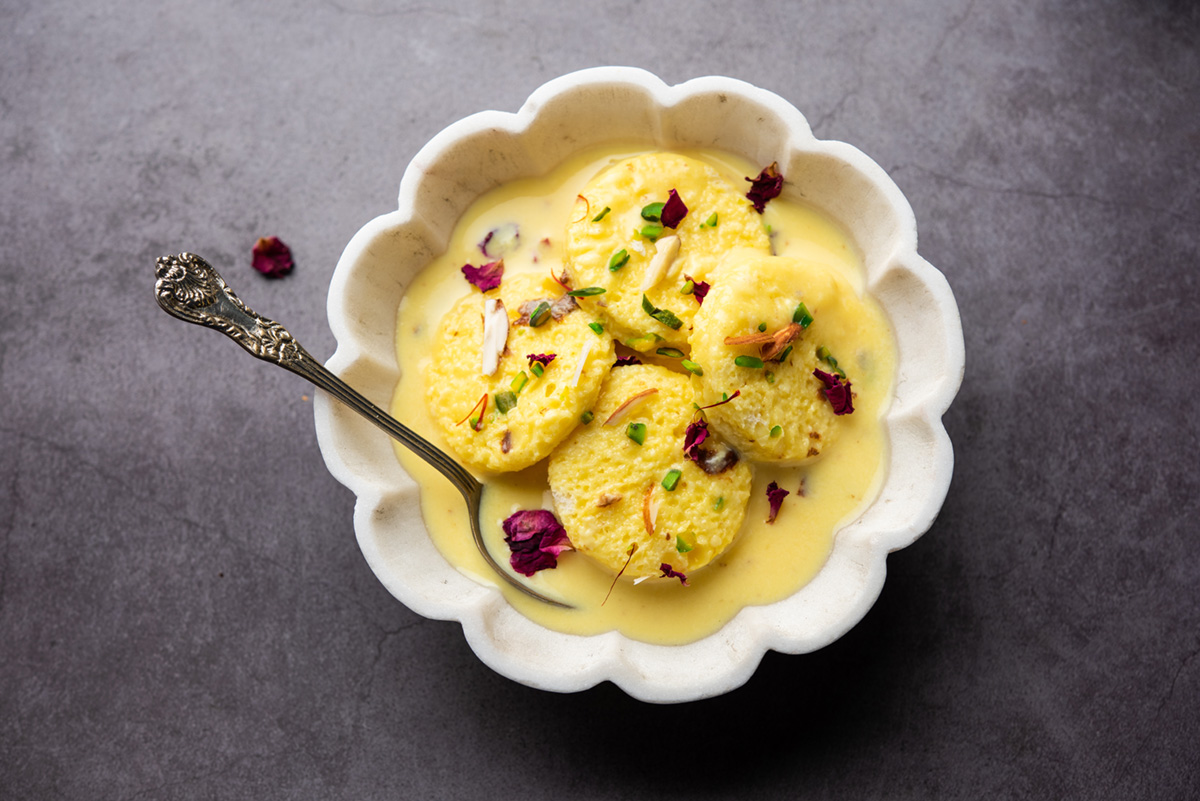
RAS MALAI
Ras malai is a dessert of creamy cottage cheese dumplings steeped in a fragrant, sweet milk and garnished with slivers of pistachios or almonds. The pale, cardamom-flavoured discs symbolise purity and auspicious beginnings, thus making it an apt Deepavali sweet. There are competing accounts of its origins. Some contend that it is derivative of a Bangladeshi dessert called kheer bhog, while the great-grandson of famous Kolkata sweet shop KC Das’ founder claims to have invented it as part of an experiment while working as a research assistant. What many can agree on though, is the irresistible quality of the luscious, velvety concoction.
Where to find it: Kailash Parbat Restaurant (3 Belilios Rd, #01-03 Hilton Garden Inn)
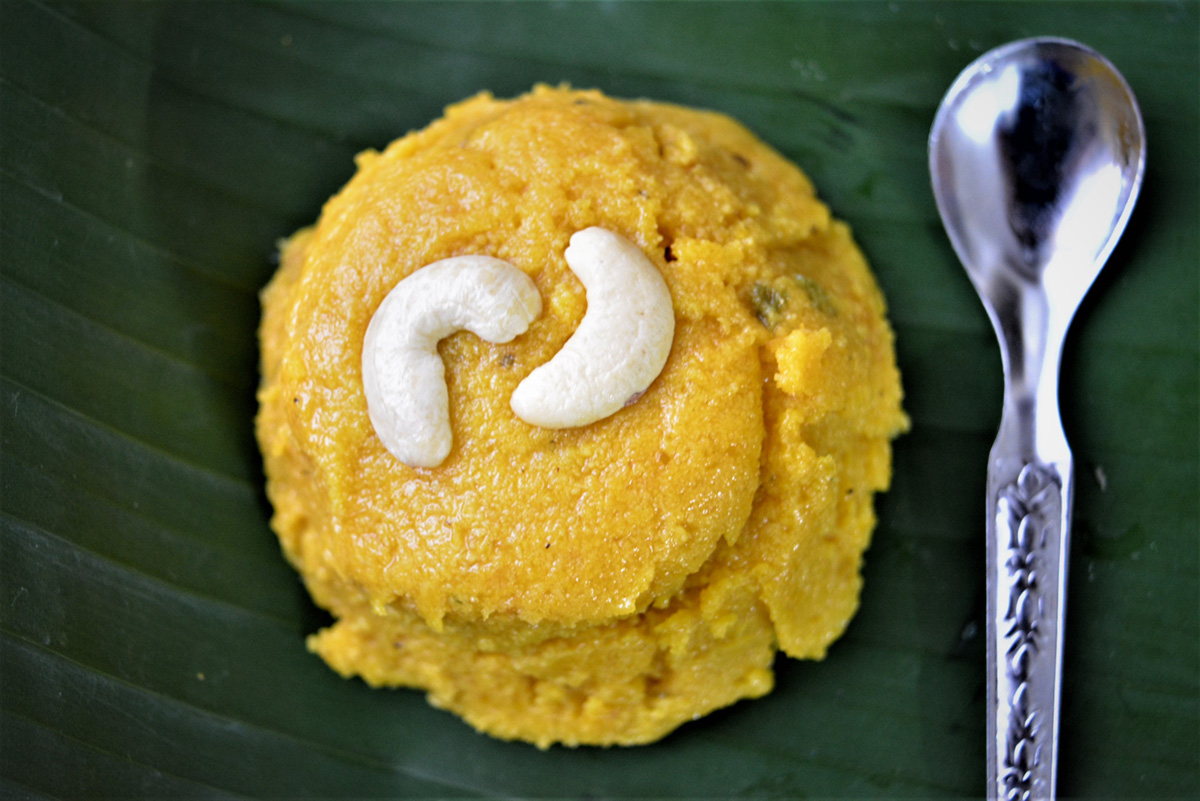
PALKOVA
Rooted in India’s Tamil Nadu and Andhra Pradesh regions, palkova is a portmanteau of the Tamil words paal (milk) and kova (a thickened milk sweet). It is prepared by heating milk till it reduces to a semi-solid, fudge-like consistency. Like many traditional Indian sweets, it represents prosperity and positivity and is consumed during religious festivals and occasions. In Tamil Nadu’s temple town of Srivilliputhur — where shops ply the sweetened, curdled, dessert — the Srivilliputhur Co-operative Primary Milk Producers Society is said to churn up to 3,000 litres of milk a day to make paklova during the festive or pilgrimage seasons.
Where to find it: A2B Vegetarian Restaurant (276-278 Serangoon Rd)
SAVOURY SELECTIONS
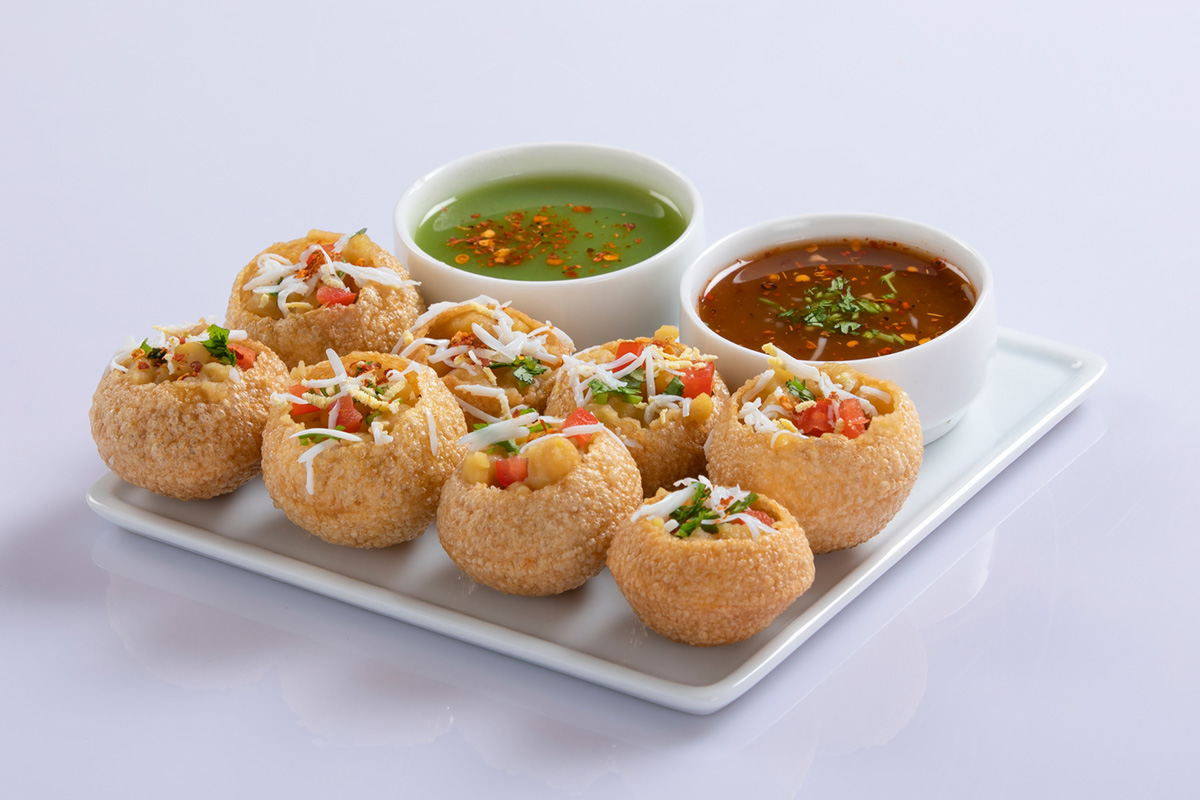
PANI PURI
According to a report by Indian daily The Hindu, Google India charted a 10 per cent spike in searches for pani puri recipes during the country’s COVID-19 lockdown in 2020. That’s an indication of the snack’s appeal. Best described as miniature puri (deep-fried bread), the round, hollow puffs are filled with a moreish mixture of ingredients such as mashed potato or chickpeas, mushy peas and finely chopped onions, before being dunked in a tangy cold sauce (pani) of tamarind, cumin and spicy green chutney. They are consumed in one bite, to best appreciate the medley of vibrant flavours. Pani puri is eaten year-round but Deepavali is the perfect time to enjoy it with family and friends.
Where to find it: Delhi 6 (35 Upper Circular Rd)
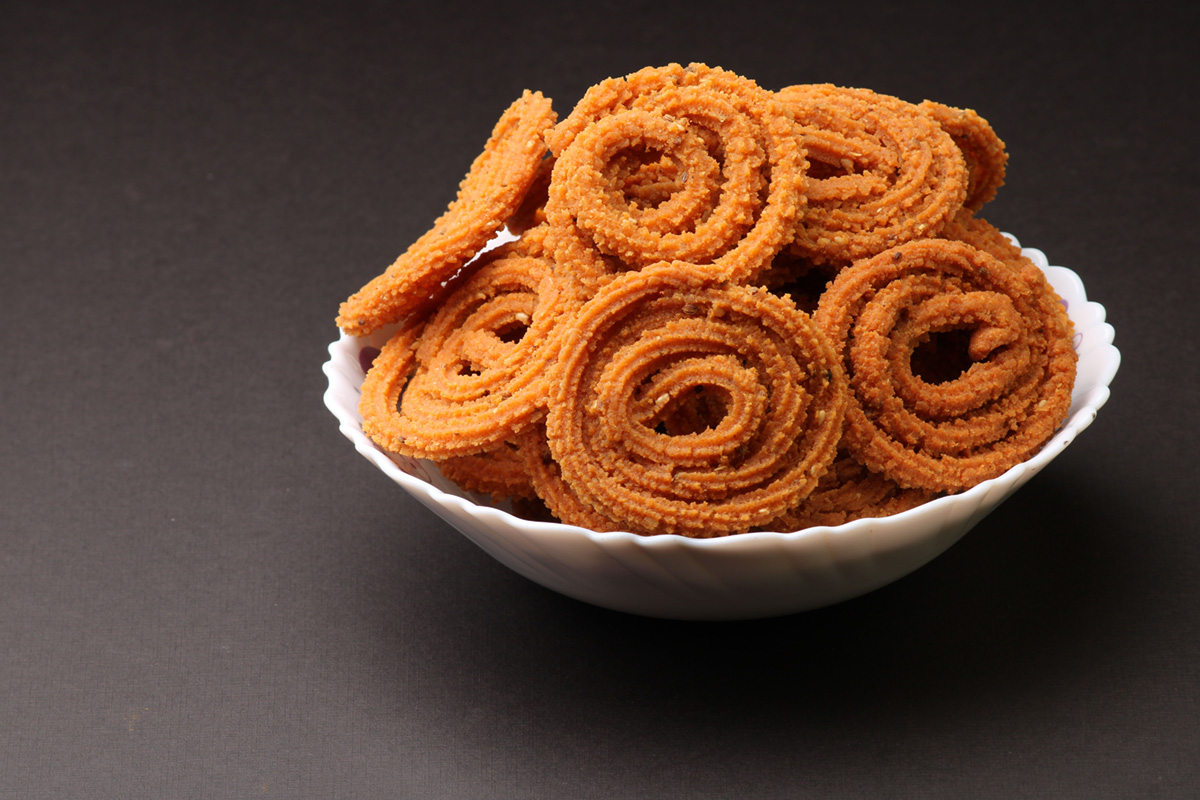
MURUKKU
Made from a semi-solid dough of rice flour, urad dal (black gram lentils) and a blend of spices that’s kneaded, piped and pressed into various patterns before being deep-fried, murukku is a popular South Indian snack consumed during special occasions such as Deepavali. Its name is roughly translated as ‘to twist’ in Tamil, which explains the spiral shape of many murukku variants. Manapparai, a small town in India, is so famous for its murukku-making tradition that the Tamil Nadu government even applied for the town to have a geographical indication tag, which associates a region with a food product.
Where to find it: A’s Kitchen (Blk 496B, Tampines Street 43)

TIMELESS TRADITIONS
While food is central to Deepavali festivities, the event is also marked by rituals rich in cultural and religious significance.
Kolam: These vibrant and intricate floor decorations are created using coloured rice flour, chalk or flower petals. Their geometric designs — typically brought to life by family and community members — are meant to welcome guests, dispel negativity, and invoke blessings from the divine.
Diyas: The lighting of oil lamps, also known as diyas, symbolises the victory of light over darkness. Rows of oil lamps and colourful electric lights adorn homes and temples during Deepavali, their warm, inviting glow lending a magical quality to the celebration.
CELEBRATE DEEPAVALI AT HOMETEAMNS
As part of HomeTeamNS Khatib’s month-long event, Culture Shiok, celebrate the Festival of Lights at the clubhouse’s Indian Culture Week (14 to 19 Nov), which will feature activities such as a flower garland making workshop, a Bhangra dance performance and tantalising culinary experiences. Meanwhile, HomeTeamNS members can look forward to redeeming complimentary packs of murukku at HomeTeamNS Bedok Reservoir. Also, HomeTeamNS Bukit Batok will be holding free Henna sessions for HomeTeamNS members on 12 Nov. Stay tuned for more details on our social media channels.
Check out this video of HomeTeamNS Volunteers, Staff, and President, HomeTeamNS, Assoc Prof Muhammad Faishal Ibrahim tasting some Indian delicacies!
Interested in serving beyond your obligations? Consider the Volunteer Extension Scheme, which allows PNSMen who have completed their NS liability to continue serving beyond their statutory age. PNSMen (With NS liability) who have passed their statutory age of 40 years (Junior Officers) & 50 years (Senior Officers) may apply.
Like our stories? Subscribe to our Frontline Digital newsletters now! Simply download the HomeTeamNS Mobile App and update your communication preference to ‘Receive Digital Frontline Magazine’, through the app settings.

